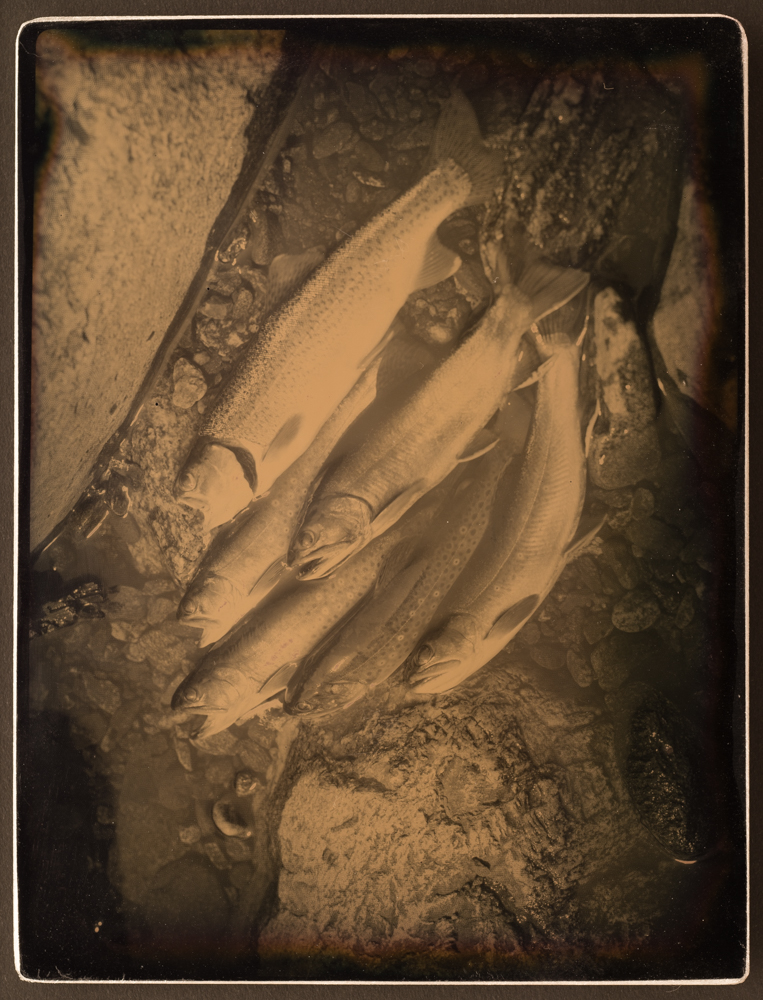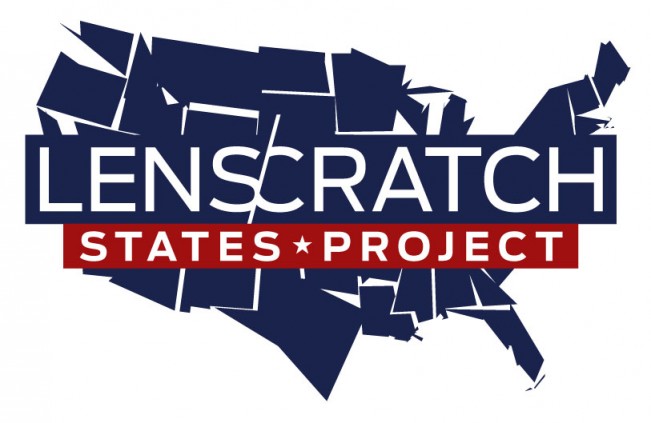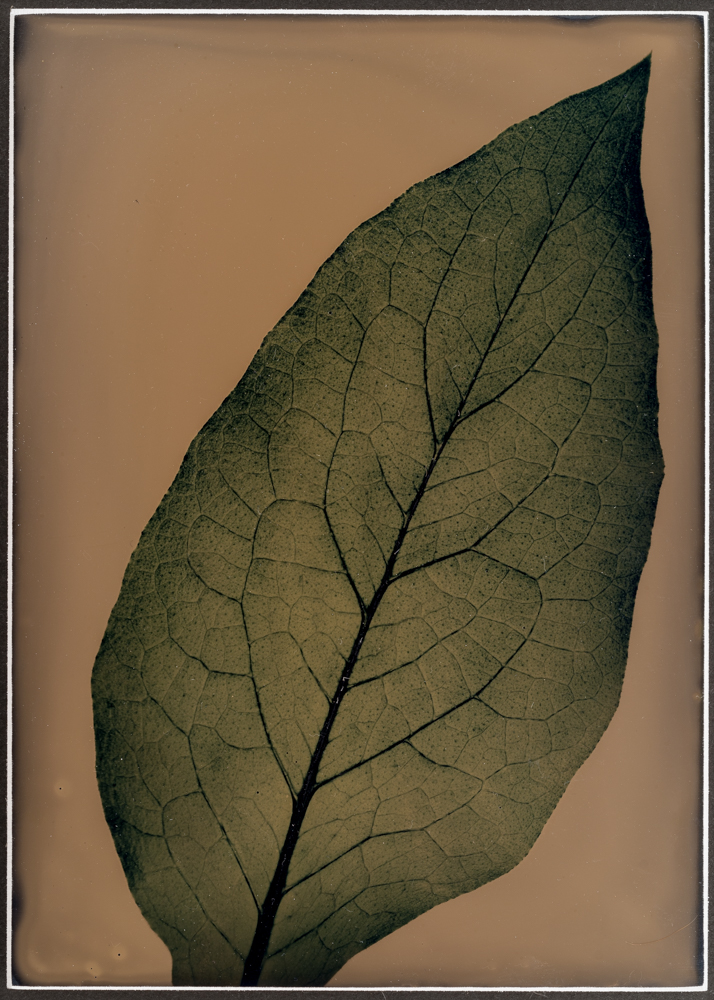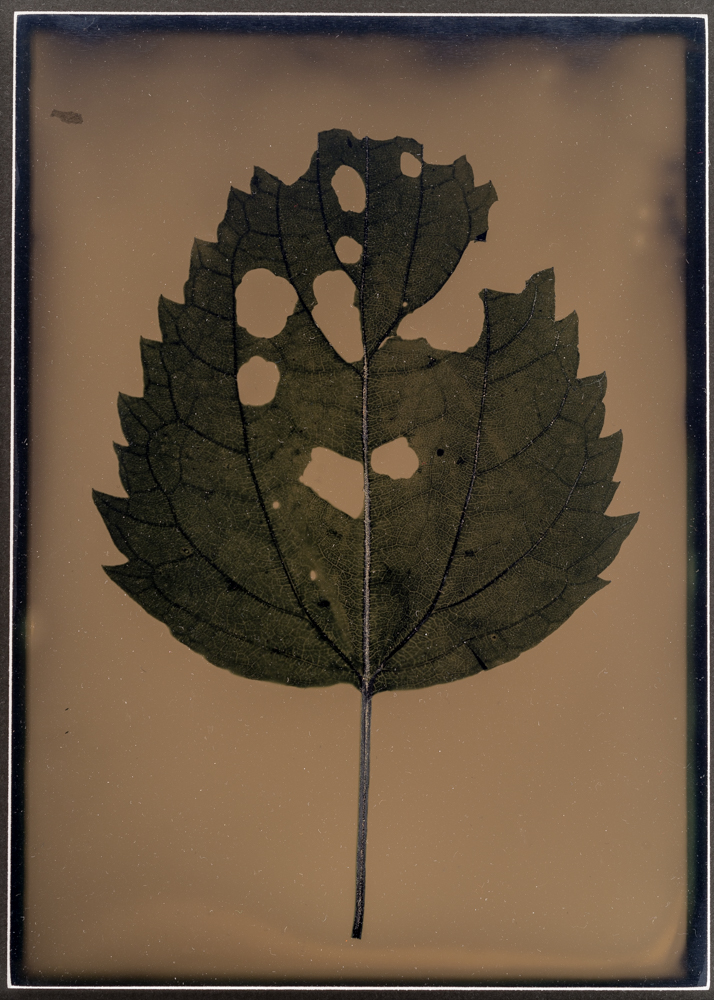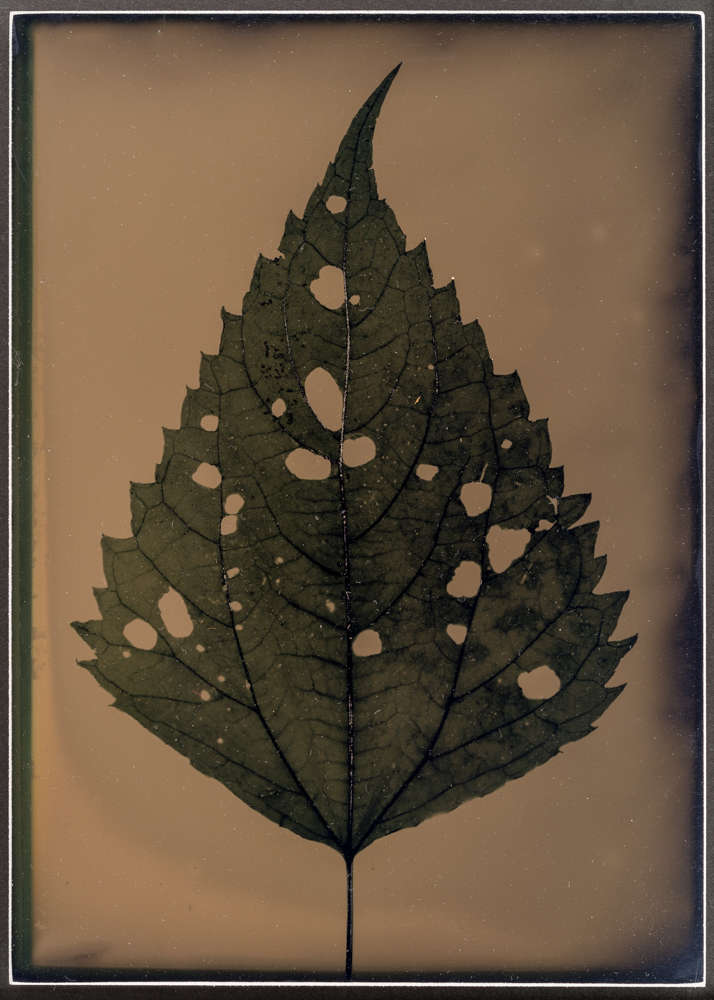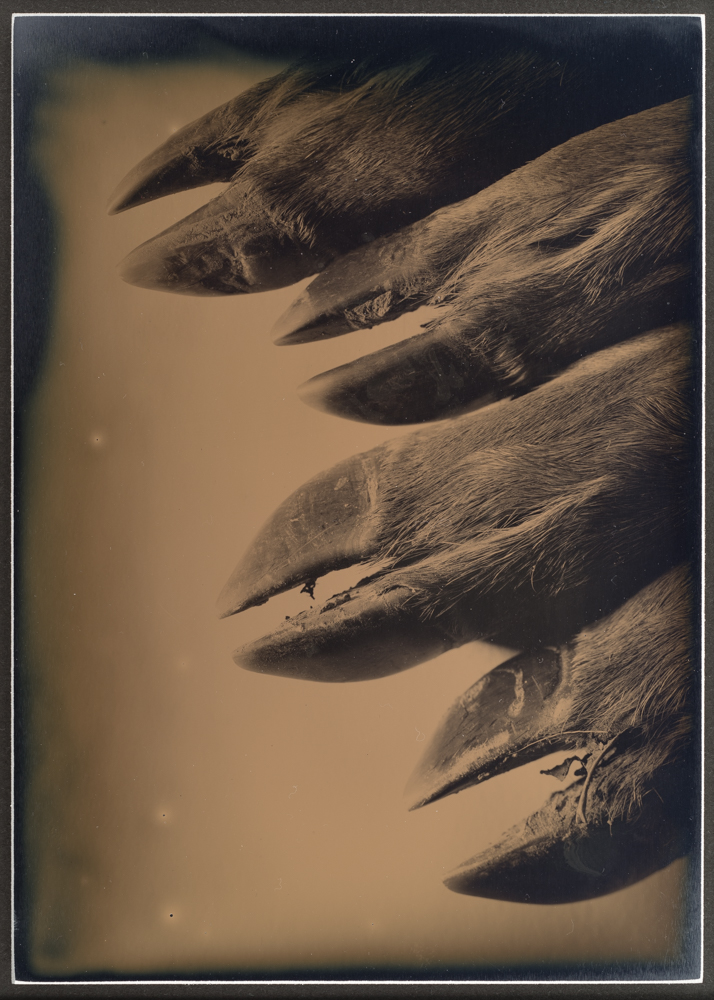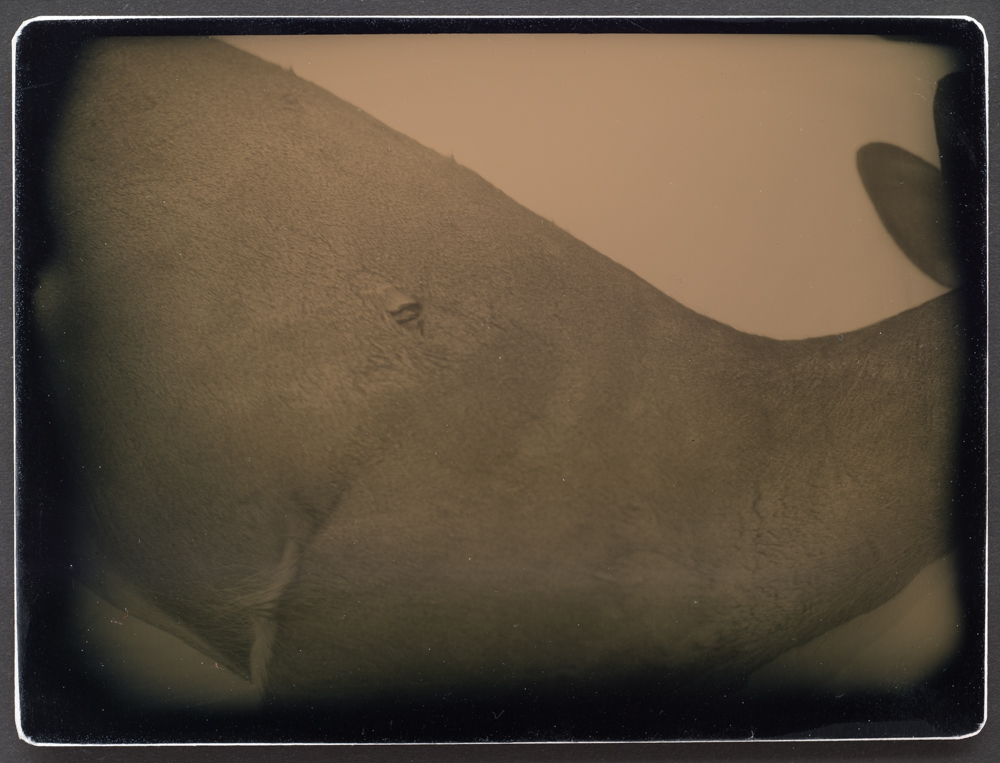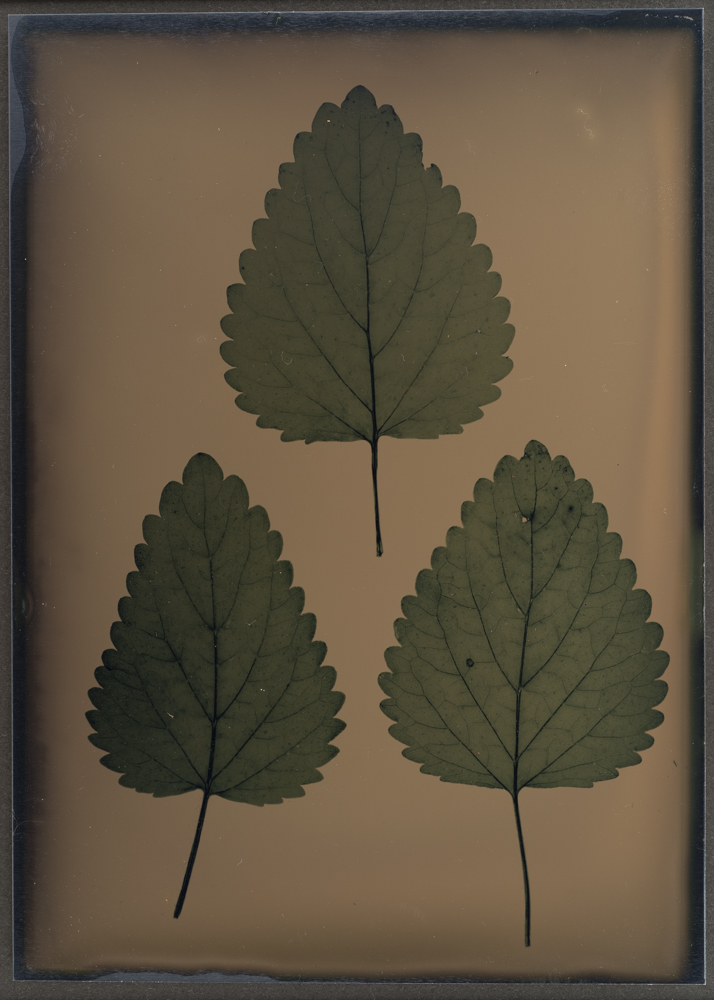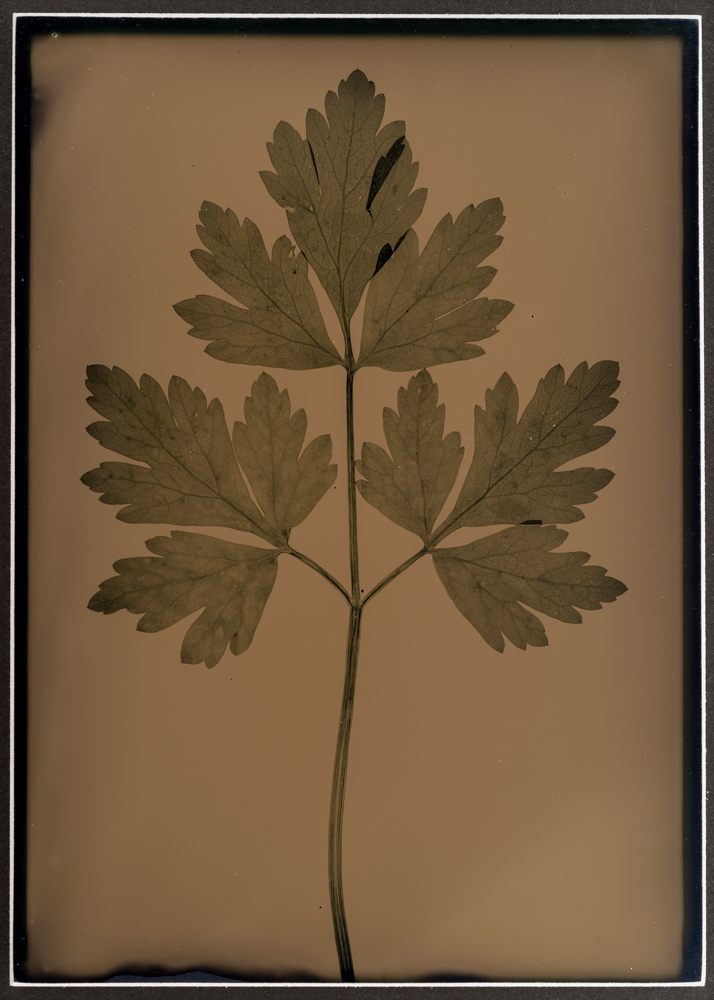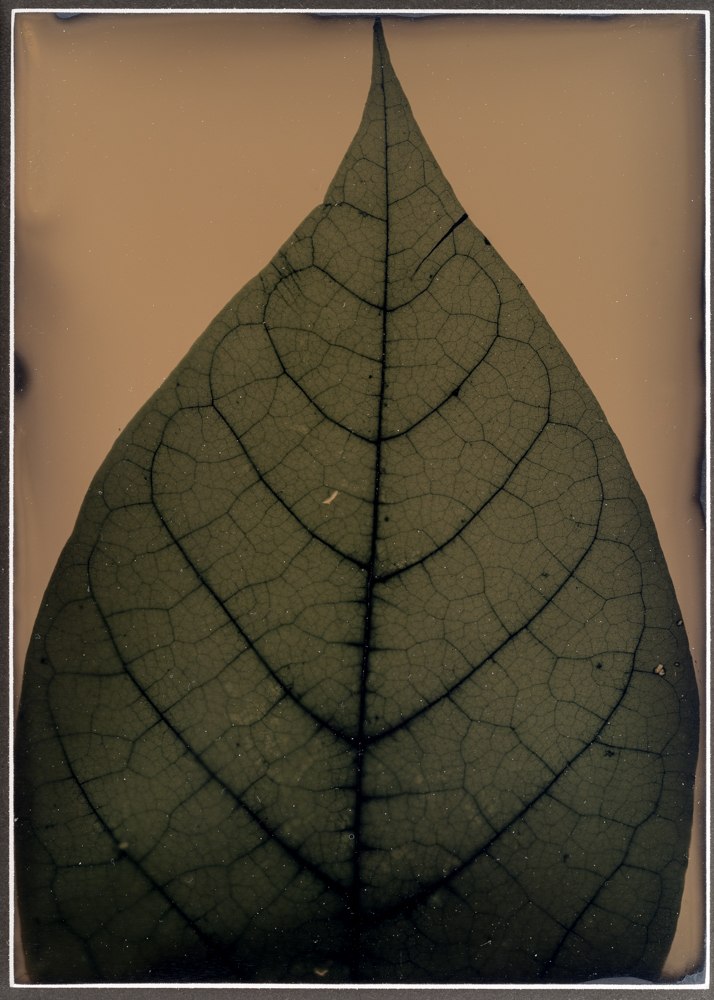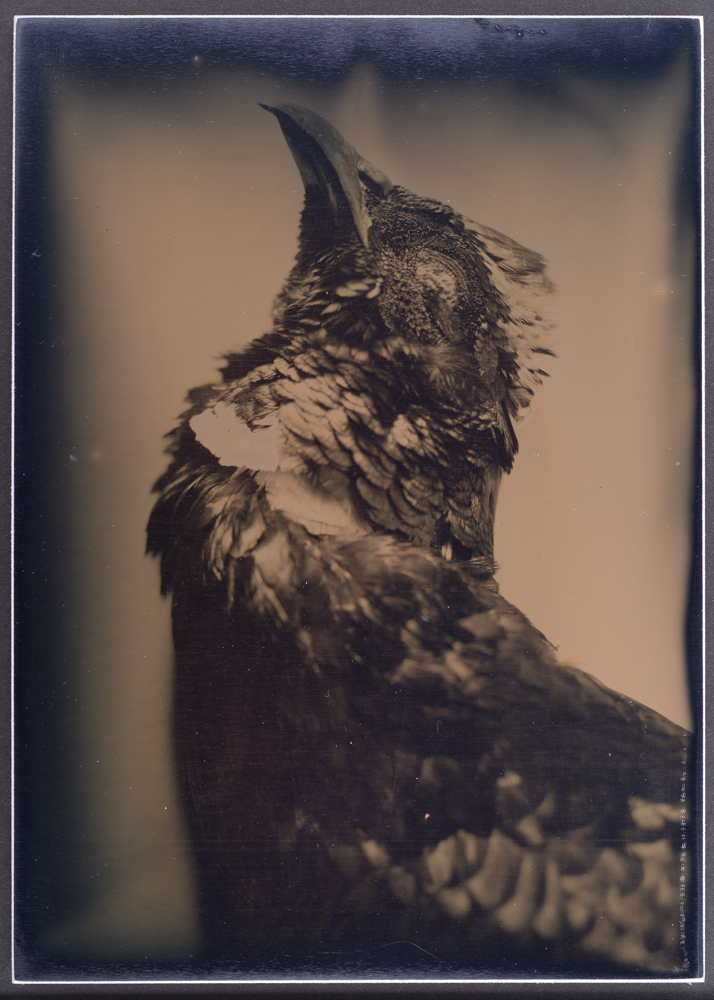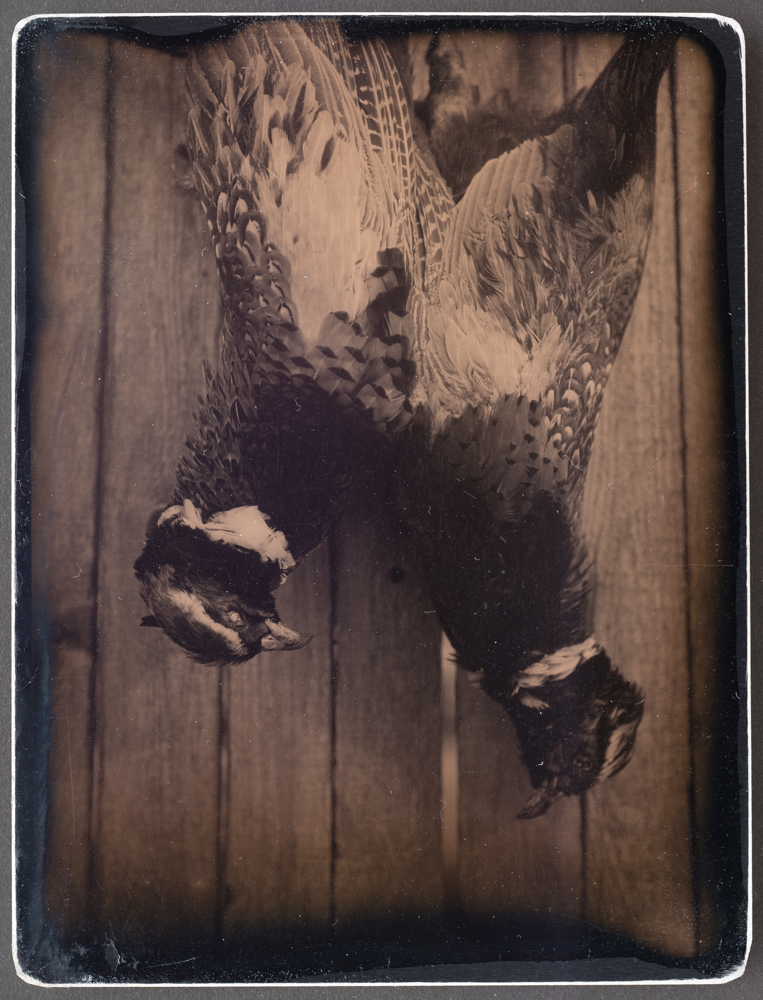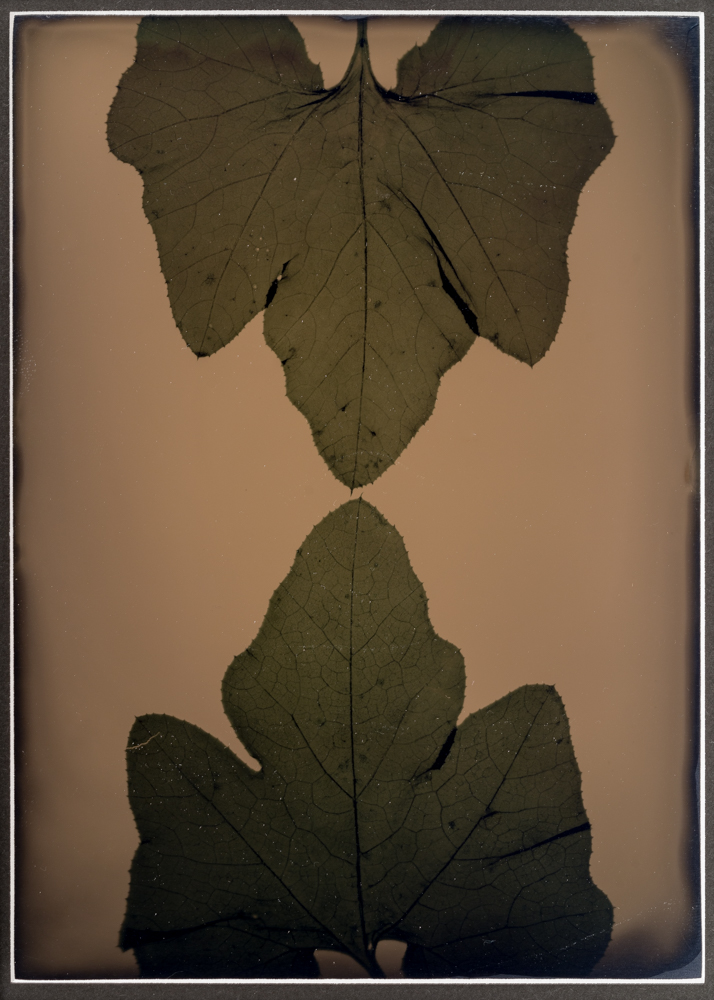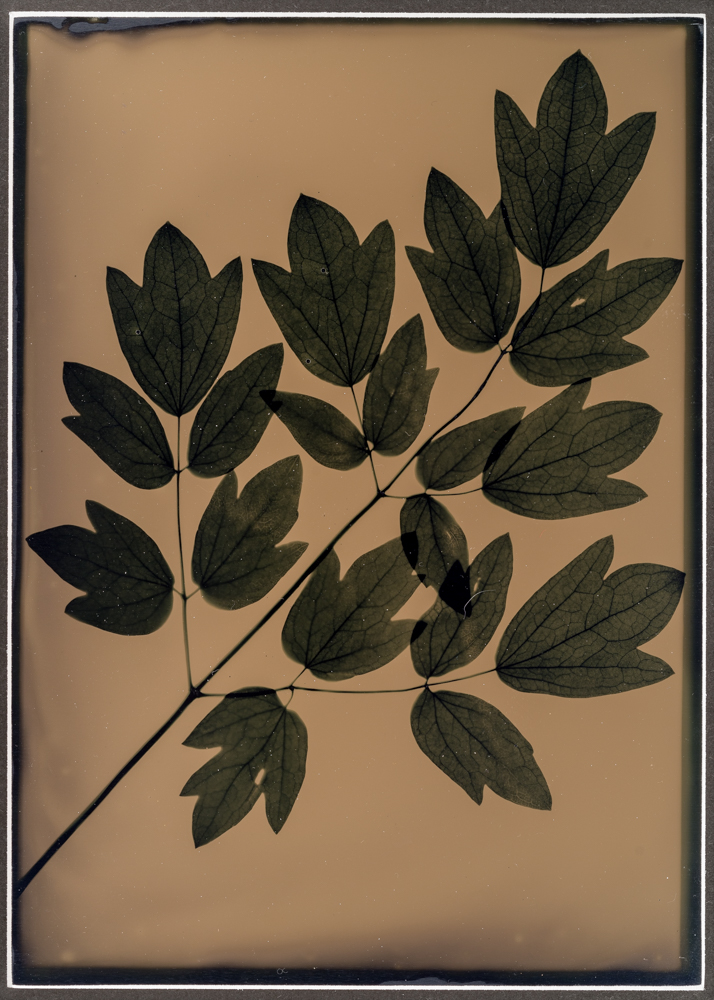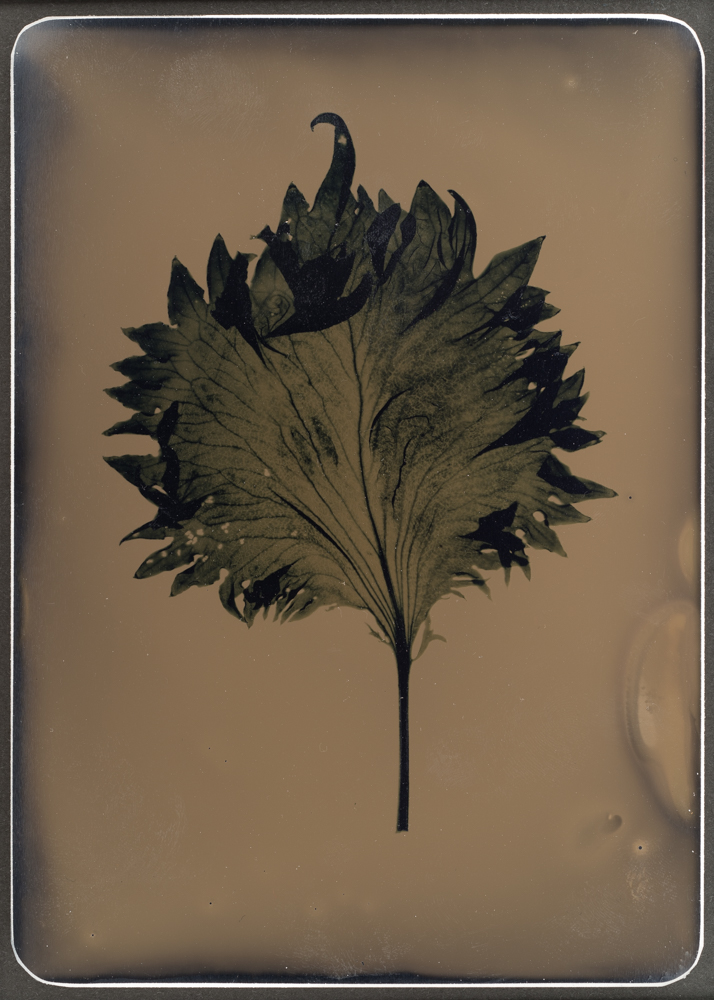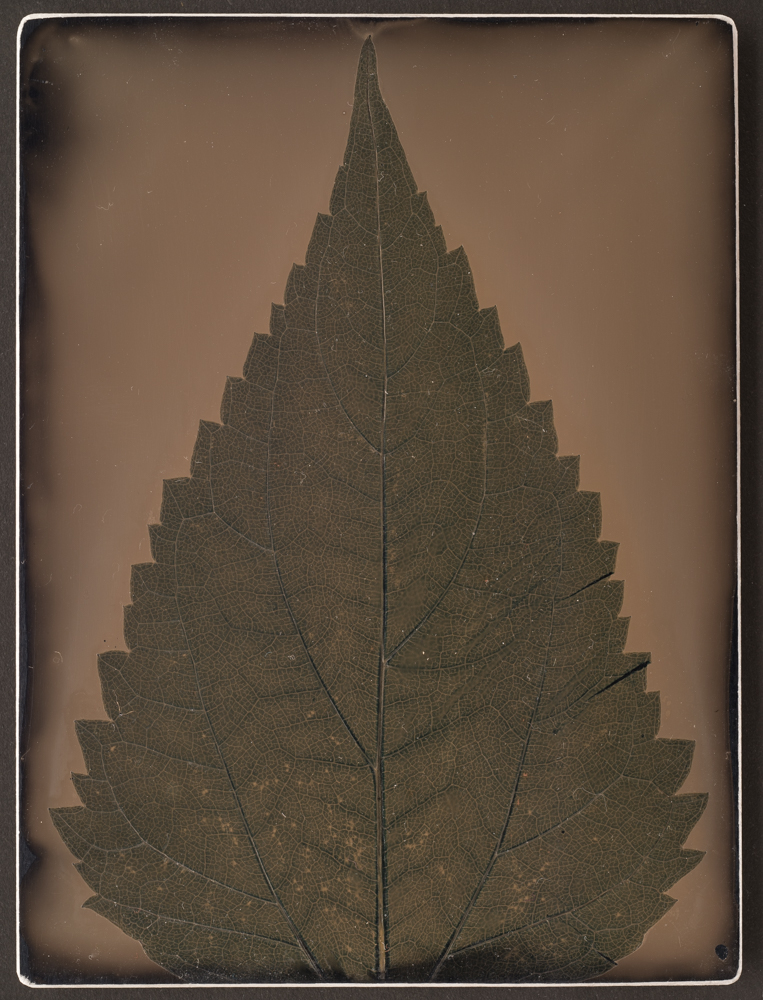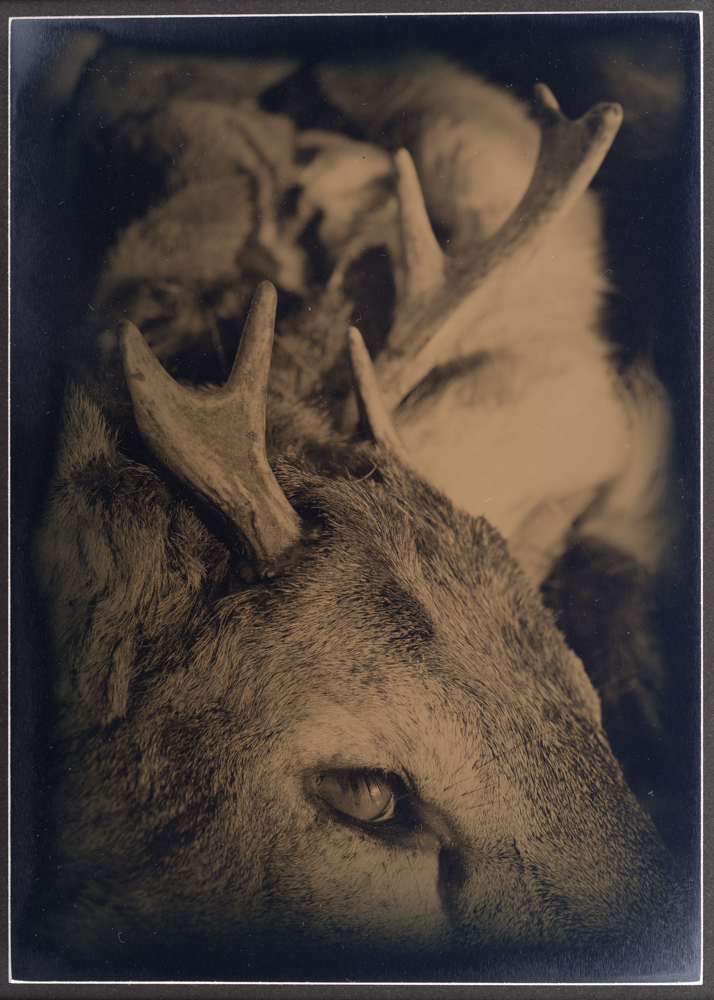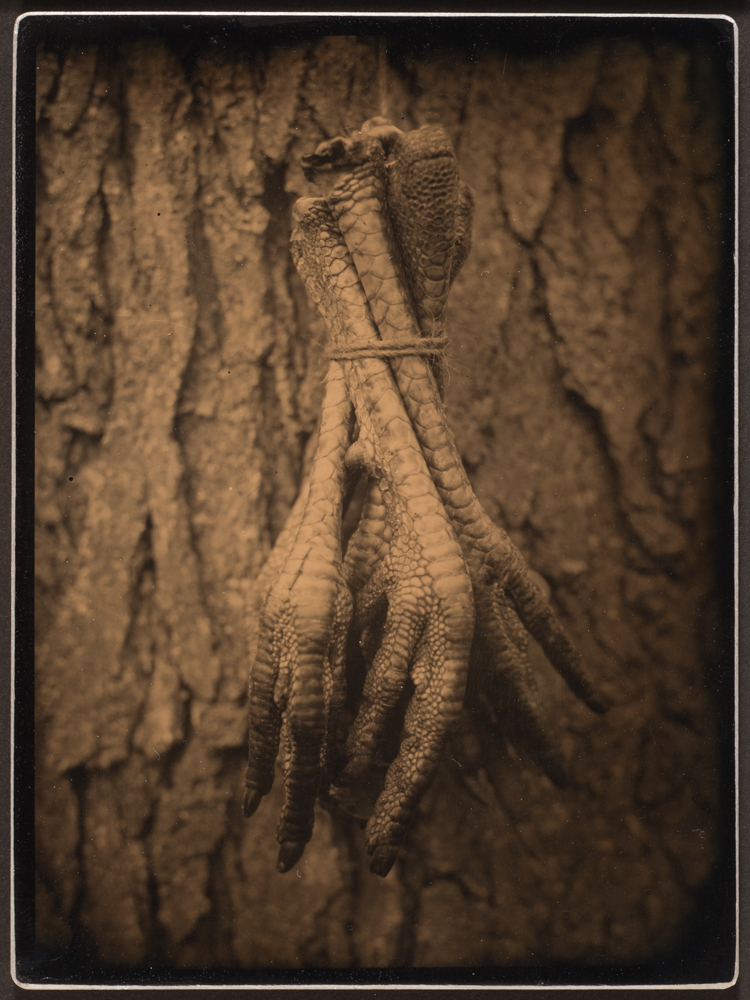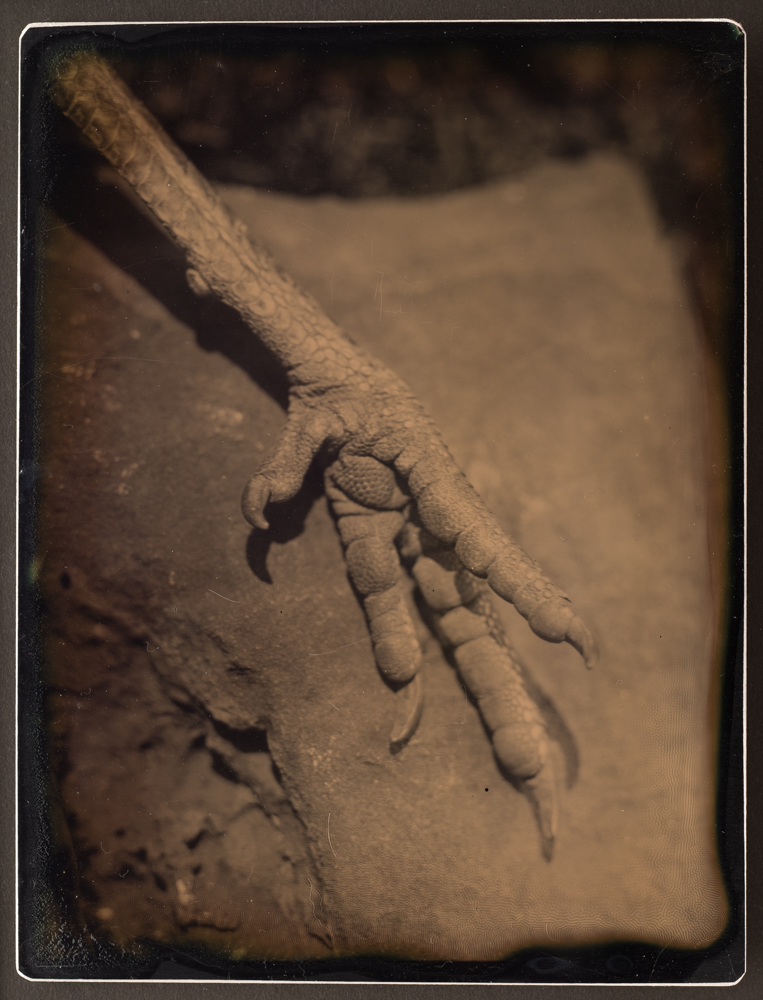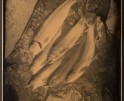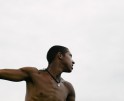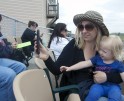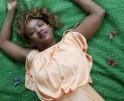Larry Gawel: The States Project: Nebraska
I first met Larry Gawel in 2006 when he saved my ass by shooting some slides and getting them processed quick enough for my graduate school application deadline. One aspect of Larry’s work that I find interesting is the relationship between his overall knowledge of the history of photography and the controlled photographic amnesia he implements when it comes to each one of his individual projects. Each project is very distinct from the other and is made with great respect for the materials that he chooses to use. Being able to shed one’s skin from project to project, without the existence of residual habits, is harder than it sounds and indicative of an artist with great discipline.
Larry Gawel is an Instructor of Photography and the Photography Program Coordinator at Metropolitan Community College in Omaha, Nebraska. He received a BFA from Edinboro University of Pennsylvania in 1991 and an MFA from the Pennsylvania State University in 1994, both with concentrations in photography. He was recently selected as an artist with the Lincoln Arts Council’s CSArt program, producing tintypes of the various plants and animals that he harvests from the land. In March 2008, he and his wife Dana Fritz, opened WorkSpace Gallery, a gallery exhibiting work by contemporary photographers who explore the photographic medium through notions of its past, present, and future. In 2012, he was elected to the office of Chairperson of the Society for Photographic Education’s Midwest Region.
Harvest
The tintype process, invented in the 1850’s, forms a photographic image on a metal backing. Originally produced as an affordable and durable alternative to images on glass, variations of the tintype existed commercially until the early 20th century. In my recent series of work, Harvest, I’ve employed the tintype technique to document those objects that I harvest from the land for food. As a gardener, gatherer, hunter, and fisherman, my relationship with the land is personal and rewarding. I have supported local farmers, eaten local meat, and caught local fish, with the end result being both my camera and my table. By using a process invented in the 19th century, I alienate myself from a lot of the technologies associated with image making in the 21st. The result is a one-of-a-kind photographic object. Using a 19th century 9×12 cm. plate camera, or an early 20th century 5×7 inch view camera, I photograph these objects directly, expoloring both their shape and form to produce a tintype photograph. Additionally, I have started placing plants directly on the sensitized plates to take advantage of the lumen printing process, where plant matter and sunlight create a camera-less image within the emulsion. Both of these processes produce one-of-a-kind images that span history in both production and content.
Posts on Lenscratch may not be reproduced without the permission of the Lenscratch staff and the photographer.
Recommended
-
Rana Young: The States Project: NebraskaMarch 20th, 2016
-
Larry Gawel: The States Project: NebraskaMarch 19th, 2016
-
Walker Pickering: The States Project: NebraskaMarch 18th, 2016
-
Shelley Fuller: The States Project: NebraskaMarch 17th, 2016
-
Jonnie Andersen: The States Project: NebraskaMarch 16th, 2016

